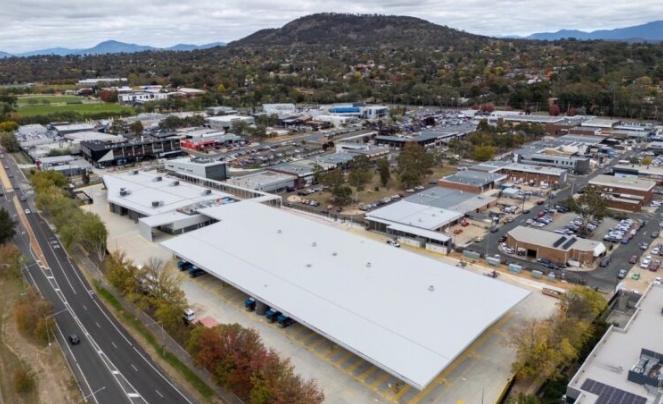
In a first-of-its-kind deal, the DOE agreed to provide $1.2 billion to the Alliance for Renewable Clean Hydrogen Energy Systems (ARCHES) under the Bipartisan Infrastructure Law, with the remaining $11.4 billion coming from public and private matching funds, according to press releases from ARCHES and Newsom’s office. Democratic politicians, including Newsom and Democratic California Sen. Alex Padilla, have lauded the agreement. (RELATED: Biden Admin’s Latest Subsidy Proposal May Undercut Its Own Green Energy Agenda)
“I was proud to help secure $1.2 billion of federal investments through the Bipartisan Infrastructure Law to build a hydrogen hub right here in California,” said Padilla. “California is leading the nation with the first hydrogen hub to sign a cooperative agreement, and we will continue to lead by decarbonizing goods[,] movement, the energy sector, and heavy industry.”
Critics question the feasibility of “clean” hydrogen projects due to a lack of cost-effectiveness and limited evidence the technology can be scaled effectively.
The mean cost for hydrogen produced using natural gas is $1.50 per kilogram, while “clean” hydrogen costs roughly $5.00 or more per kilogram, according to The Wall Street Journal.
Additionally, due to the large amounts of energy required to split water into hydrogen and oxygen, hydrogen producers could be forced to use the electric grid as a power source, the outlet reported. As a result, clean energy groups Vestas and Intersect argue that companies who use the power grid to produce “clean” hydrogen should be regulated to ensure the emissions from their electricity consumption does not outweigh the emissions prevented by the “renewable” energy they produce.
The $1.2 billion of federal funding from the DOE represents approximately 17% of the $7 billion allocated for “clean” hydrogen projects and approximately 1.7% of the $70 billion earmarked for clean-energy technology and demonstration projects under the Bipartisan Infrastructure Law, according to the California press release and a report from global management consulting firm McKinsey & Company.
The Bipartisan Infrastructure Law was passed in November 2021. Just 18% – $218 billion – of the $1.2 trillion package went to traditional infrastructure such as roads, bridges, railroads, airports and ports, according to a 2021 report from Newsweek.
“The U.S. Department of Energy’s Regional Clean Hydrogen Hubs program is essential to achieving President Biden’s vision of a strong clean energy economy that creates healthier communities, strengthens energy security, and delivers new economic opportunities across the nation,” DOE spokesman Jeremy Ortiz told the Daily Caller News Foundation. “Today’s announcement will help unlock the full potential of clean hydrogen and reinforces the Biden-Harris Administration’s commitment to ensuring workers and communities are the bedrock of our clean energy future.”







